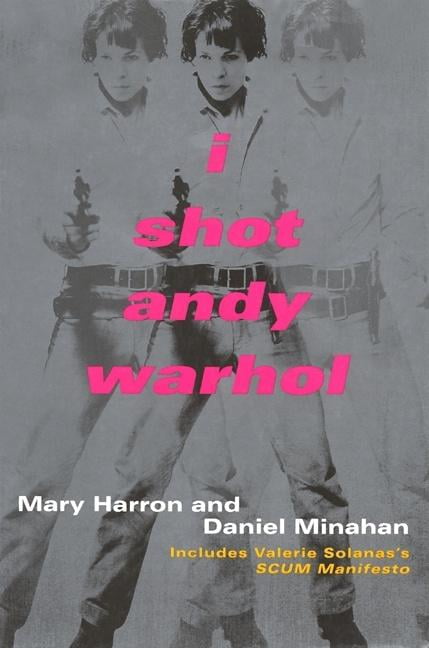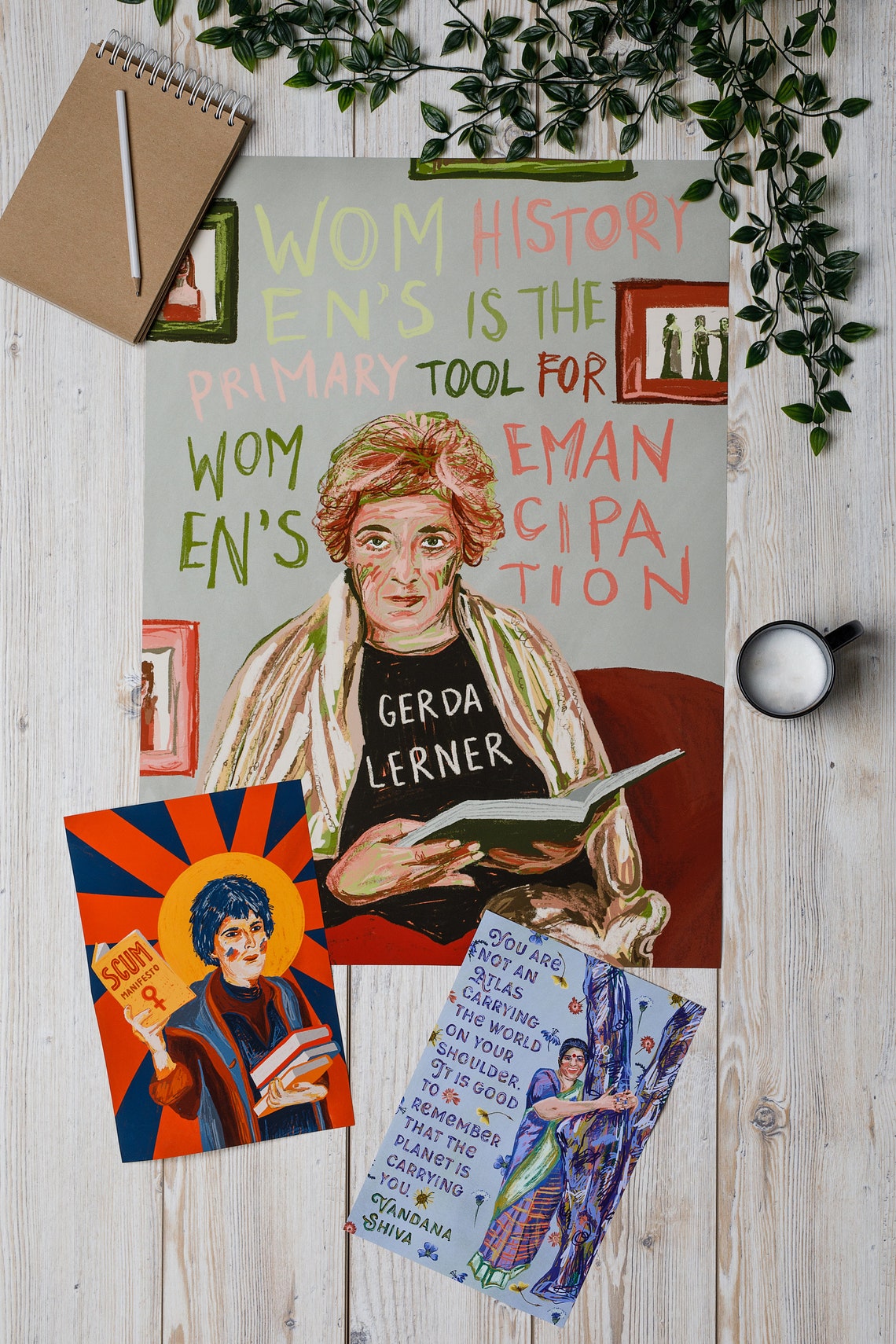
Addressing the temporal ontologies that drive and haunt university life, they deal with the notion of ‘slowing down’ as a response to the ‘fast neoliberal university’. Monika Rogowska-Stangret and Malou Juelskjær investigate temporalities and possibilities of thinking through new materialist theorising and concepts in order to examine conditions of the im/possibility of living live-able (learn-able, teach-able, and response-able) academic lives in current political climates. She pays special attention to Helga Satzinger’s (2012) ‘politics of gender concepts’ and suggests that in particular in relation to steroids a feminist critique is required which does not reproduce, but bridge the binary mentioned. In order to problematise the binary between poststructuralist and new materialist feminist work, Sari Irni examines as her case study the history of steroid hormones, rethinking the relations between natural sciences and politics.

Three articles deal with feminist epistemic habits of de/constructing dualisms. In Vuola’s text the critique becomes ‘cure’, ‘correcting’ or reconstructing versions of a particular theoretical development.

Elina Vuola also on her part engages in a re-reading of academic feminism, but from a very different point of view compared to Lykke: Vuola discusses the epistemic habit of exclusion within academic feminism focusing on religious feminisms. With a personal and autobiographical account, Nina Lykke’s article concentrates on dis/identification, ‘cruel optimism’ and everyday utopianism as instances of feminist epistemic habits, but also as structuring themes for feminist thought. The next two articles give historical interpretations on the formation of feminist epistemologies. Mortensen focuses on the question of mood and does this from the viewpoint of affirmative affective thinking, paying attention especially to the notion of mood within Deleuzian affect theory. This special issue opens with an article by Ellen Mortensen assessing Rita Felski’s (2015) account of critique and her alternative postcritical position.


 0 kommentar(er)
0 kommentar(er)
